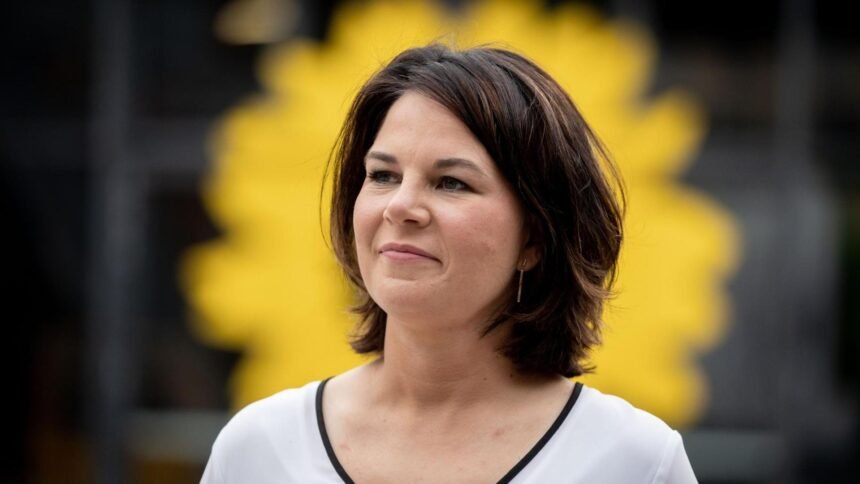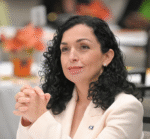The European Union (EU) will closely monitor political developments in Syria and will support the country’s efforts towards peace, but will not fund the Islamization of Syrian society, according to German Foreign Minister Annalena Baerbock.
Baerbock’s Statement on EU’s Position
Baerbock, along with her French counterpart Jean-Noël Barrot, visited Syria on Friday, January 3, 2025, to assess the situation firsthand on behalf of the EU. In her statement to the German media, Baerbock expressed the EU’s stance, emphasizing that while Europe is open to supporting peace efforts in Syria, it will not finance the Islamization of the country.
“Of course, we in Europe will not be financiers of the Islamization of society,” Baerbock said.
The two ministers met with Syria’s de facto leader, Ahmed al-Sharaa, during their visit.
Current Situation in Syria
Baerbock shared her initial impressions of the situation in Syria, noting the deep divisions within society. While there is hope for freedom after years of civil war, torture, and oppression under Bashar al-Assad’s regime, many people are concerned about the future, particularly regarding the rights of women and ethnic minorities, reports RFE.
She noted that the new Syrian leadership acknowledged the evolving situation and is focused on addressing the participation of women in public life.
End of Assad’s Regime
The brutal regime of Bashar al-Assad was toppled by the Tahrir al-Sham (HTS) group after nearly 14 years of civil war, which claimed over 500,000 lives and displaced millions. HTS, which the EU and the U.S. label a terrorist organization, has taken control of the country.
Assad and his family have sought refuge in Russia after being granted asylum by President Vladimir Putin. During Assad’s regime, it is believed that tens of thousands of people were arbitrarily arrested, tortured, and killed.
EU’s Role Moving Forward
Baerbock reiterated the EU’s commitment to support Syria’s path to peace, but with a clear stance against the Islamization of the country, signaling a cautious approach in future engagements. The EU’s involvement will depend on the evolving political dynamics and the protection of fundamental rights for all Syrians, especially women and ethnic minorities.







